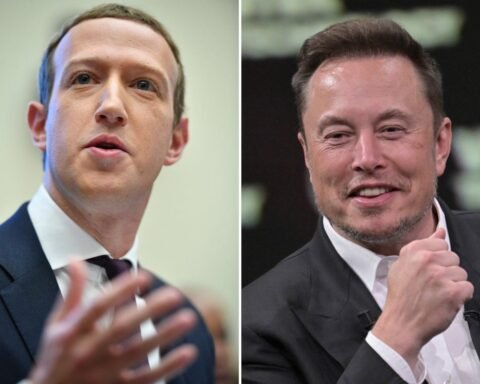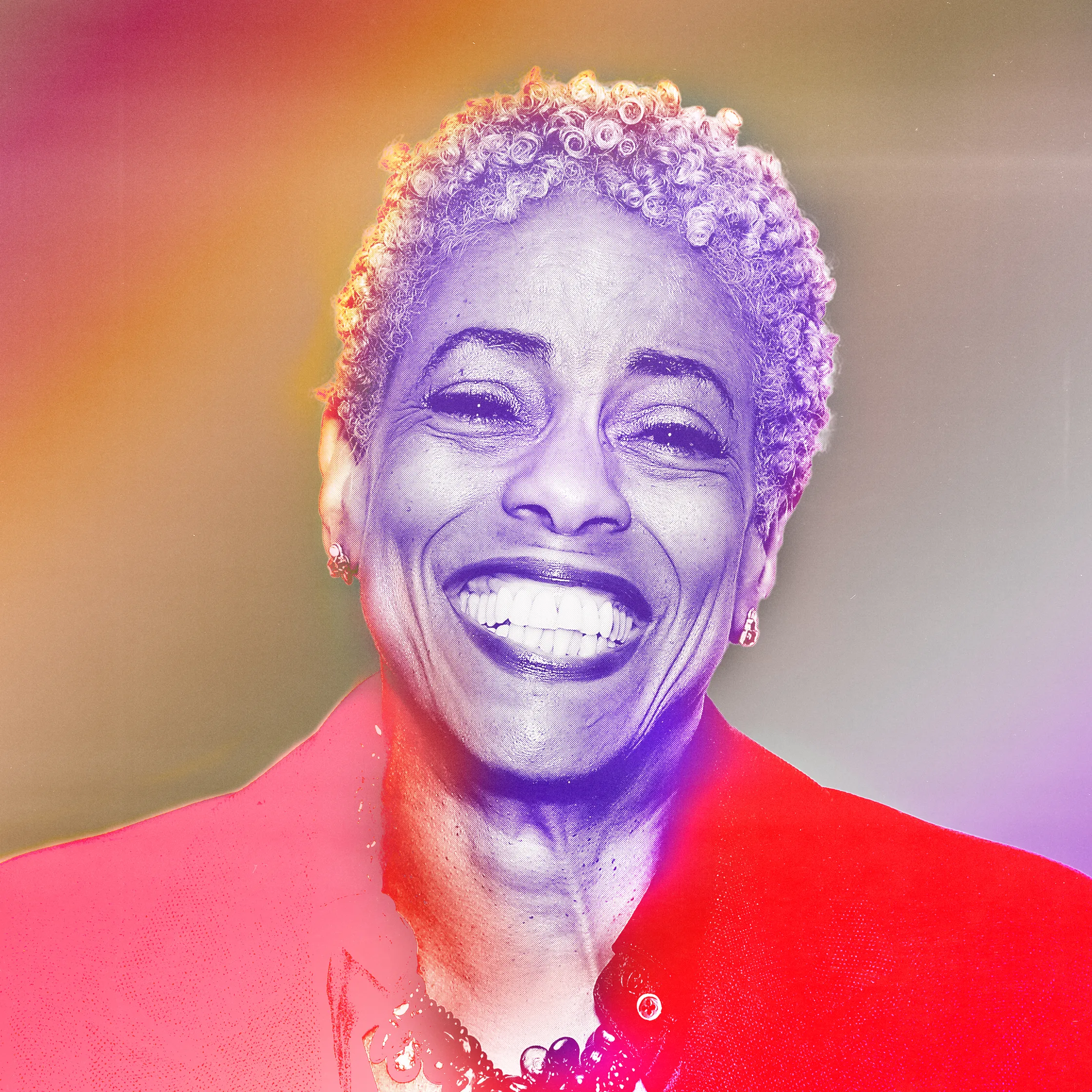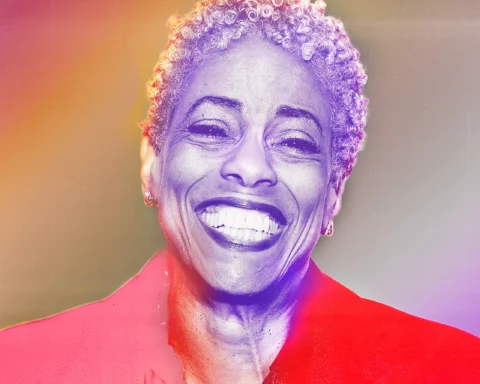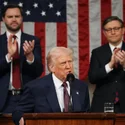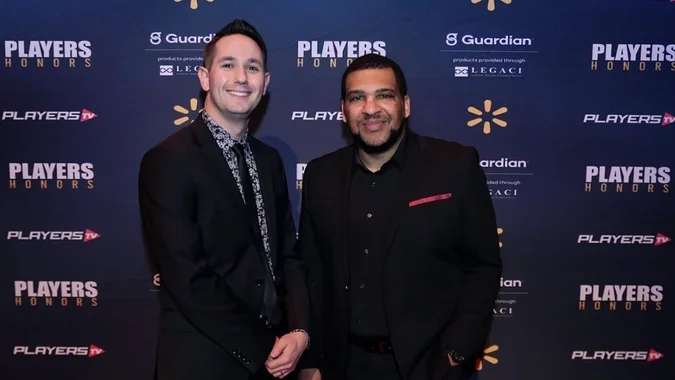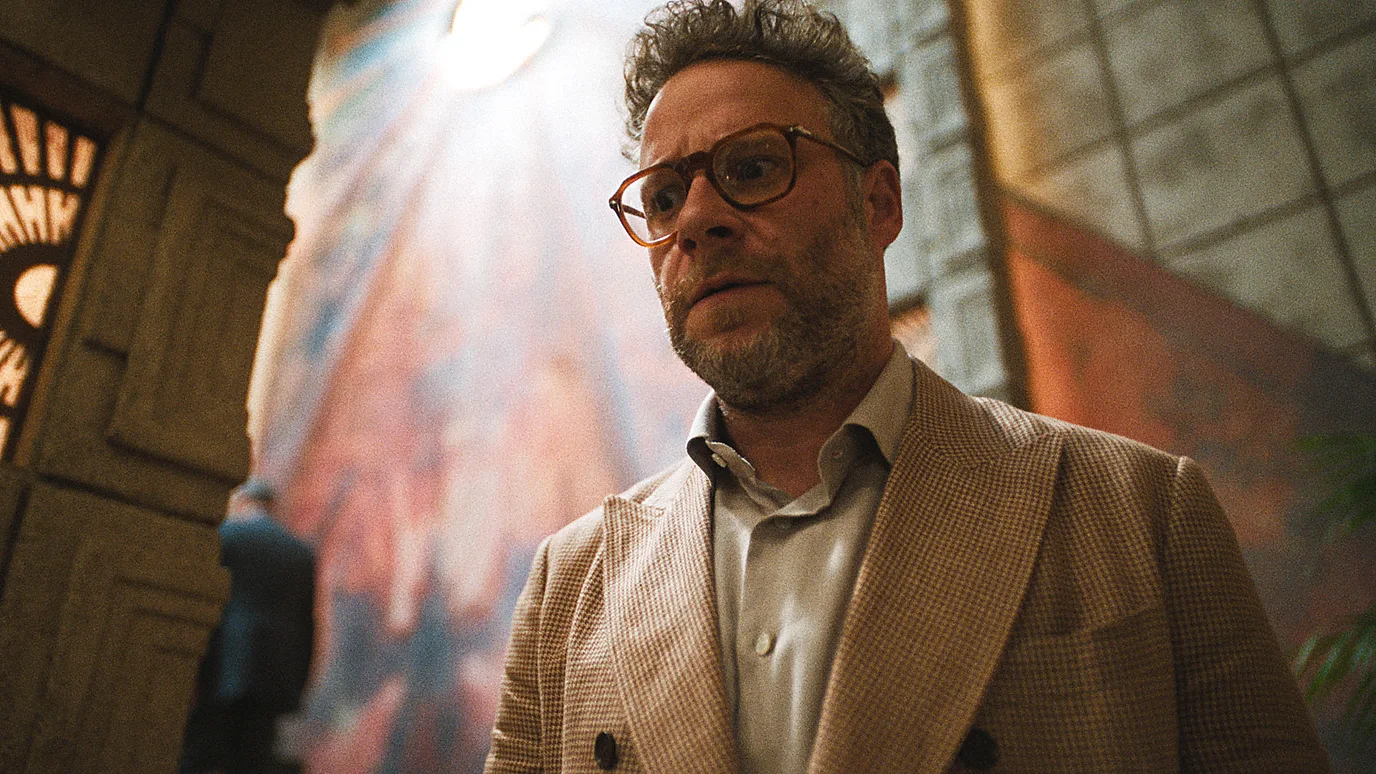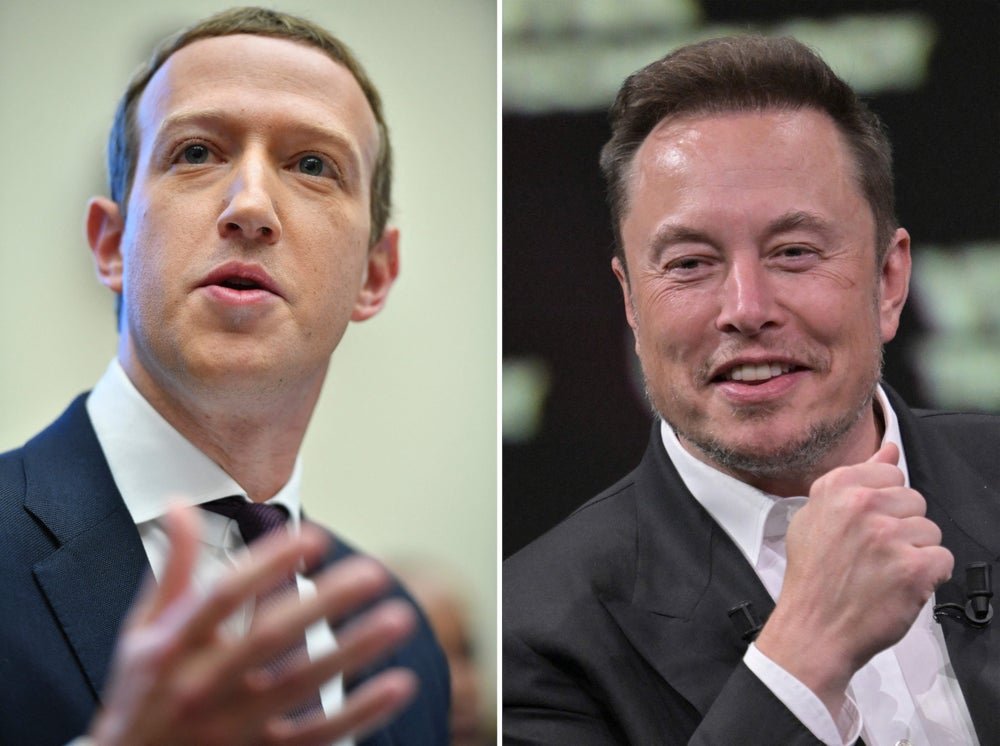How Trump’s Policies Are Reshaping Workplaces and Cultural Production
By Darrell Jackson
Photo-Illustration: Darrell Jackson/Getty Images
A Culture Shift Beyond the Workplace
The push against diversity, equity, and inclusion (DEI) initiatives in the United States isn’t just about corporate hiring practices—it’s transforming American culture as a whole. Former Netflix diversity chief Vernā Myers warns that the consequences of these changes will be felt for years to come.
The War on DEI Programs
Under the Trump administration’s renewed agenda, DEI initiatives across workplaces, universities, and entertainment industries have come under fire. The move signals a fundamental shift in how companies and institutions engage with diversity efforts, as federal restrictions on DEI reshape hiring policies, training programs, and corporate commitments to inclusion.
Myers, who played a pivotal role in Netflix’s diversity efforts, believes that dismantling DEI programs isn’t just a bureaucratic decision—it’s a direct attack on the cultural progress made in recent decades.
Cultural Production Under Threat
The ripple effects of these policies go far beyond the boardroom. The entertainment industry, media, and creative spaces that have championed diverse voices are now facing a new reality where inclusivity is no longer prioritized. With government pressure to strip DEI initiatives from institutions, the stories being told—and who gets to tell them—are at risk of reverting to a less representative era.
This shift is already visible in Hollywood, where studios and streaming platforms face mounting scrutiny over their diversity programs. Myers notes that initiatives aimed at amplifying marginalized voices in film and television are now on shaky ground, raising concerns that cultural representation will diminish.
The Long-Term Impact
As DEI programs are systematically dismantled, the broader implications are clear: fewer opportunities for underrepresented groups, less inclusive storytelling, and a return to homogeneous workplaces and cultural spaces. Critics argue that these policies don’t just affect who gets hired—they influence the very fabric of American society.
While supporters of the anti-DEI movement frame it as a rollback of unnecessary bureaucracy, opponents see it as a concerted effort to erase decades of progress in workplace equity and cultural diversity. The fight over DEI isn’t just about employment policies—it’s about the future of American identity itself.
What Comes Next?
As the battle over DEI continues, companies, institutions, and creatives will have to navigate an evolving landscape where inclusion is no longer guaranteed. For leaders like Myers, the question remains: Will America accept this reprogramming, or will the push for diversity find new ways to thrive?
Post Views: 29





